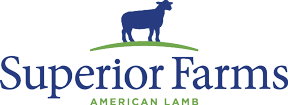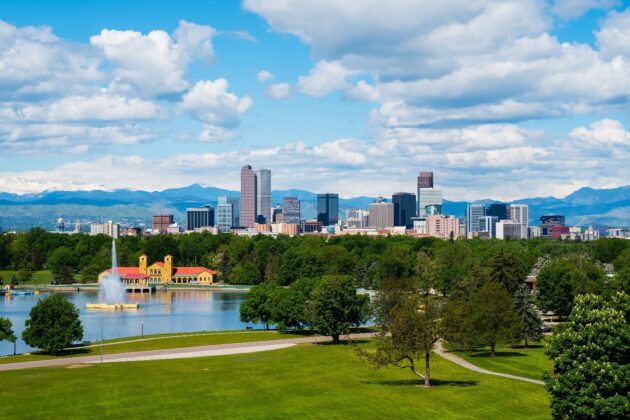The recent report published by the Regional Economic Development Institute at Colorado State University has shed light on the potential repercussions of the upcoming November ballot measure, which could enforce the closure of the Superior Farms Denver location. This proposal, if passed, could trigger a cascade of economic and social consequences, not just for the city but for the broader lamb processing industry and associated sectors.
Superior Farms: A Pillar in the Industry
Founded in 1964, Superior Farms has grown to become the largest lamb processor in the United States. This 100-percent employee-owned facility, with a workforce of approximately 170 individuals, is a cornerstone of Denver’s meat processing industry and the only slaughter facility operating within the city limits. The potential closure of this plant raises significant concerns about the capacity and sustainability of the entire U.S. lamb supply chain.
Economic Ramifications
According to the CSU report, shutting down the Superior Farms plant could result in the loss of 15 to 20 percent of the nation’s lamb harvest capacity. Such a reduction would place a substantial strain on remaining facilities, limiting the availability of Colorado lamb both within the state and nationwide. The economic activity generated by this plant, up to an estimated $800 million, would be severely impacted, leading to a ripple effect across various sectors.
Impact on Local Producers
For lamb producers in the Mountain West region, the closure of Superior Farms would mean limited options for marketing their harvest-ready lambs. The meat processing sector is already overburdened, and losing a major facility would exacerbate this issue, forcing producers to seek alternatives that may not be as economically viable or logistically feasible.
Environmental Concerns
Bonnie Brown, the Executive Director of the Colorado Wool Growers Association, emphasized that the ban could inadvertently harm the environment. With local processing options reduced, restaurants and grocery stores might have to import lamb products from overseas, increasing the carbon footprint associated with transportation. This would not only drive up food costs for consumers but also undermine efforts to support local agriculture and reduce environmental impact.
Job Losses and Economic Displacement
The CSU study highlighted that a closure would eliminate 170 jobs at the Denver plant. However, the impact would extend far beyond this figure. Zach Riley of the Colorado Livestock Association pointed out that thousands of correlated jobs across the state would also be at risk. The interconnected nature of the agricultural and meat processing industries means that a significant disruption in one area can lead to widespread economic displacement and job losses in related sectors.
Financial Burden on Taxpayers
Another crucial aspect of the CSU report is the potential financial burden on Denver’s taxpayers. If the measure passes, the city would be required to compensate Superior Farms for the forced closure, with costs potentially exceeding $70 million. This figure represents not just a significant expense for the city but also a contentious issue for voters who may have to shoulder this financial responsibility.
A Unique and Precedent-Setting Measure
If the measure is approved, Denver would become the first and only city in the United States to ban meat processing within its limits. This could set a precedent, leading to similar measures in other cities and creating a fragmented and less efficient meat processing landscape. The long-term implications of such a move are complex and multifaceted, potentially affecting everything from local economies to national food security.
The CSU report on the possible closure of Superior Farms underscores the far-reaching implications of the proposed Denver slaughterhouse ban. From economic and environmental concerns to job losses and taxpayer burdens, the measure presents a complex challenge that calls for careful consideration. As Denver residents prepare to vote, it is crucial to weigh every factor and understand the broader impact on the community as well as the nation’s lamb supply chain. Superior Farms represents more than just a processing plant; it is a vital component of the local and national economy, supporting jobs, local agriculture, and sustainable food practices.

